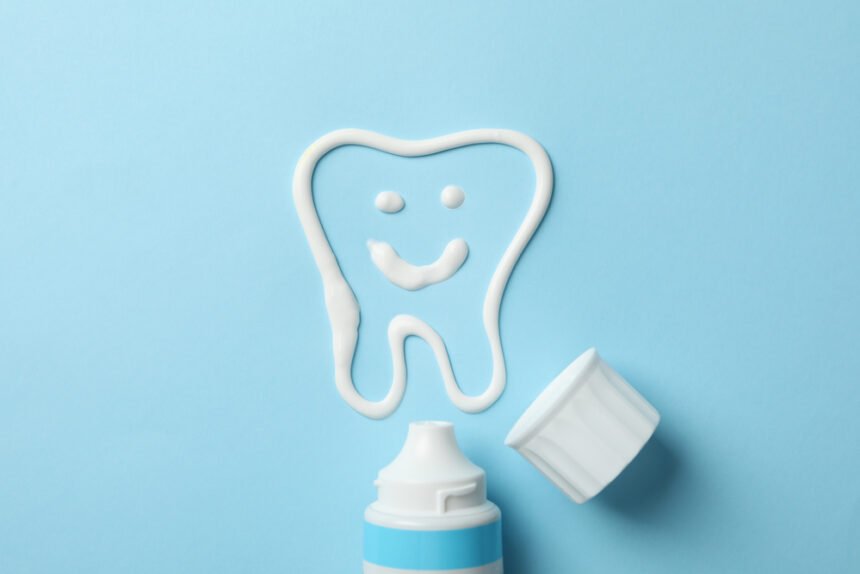Oral health refers to the health condition of your mouth and its constituents. Dental care is a medical science performed by dentists that concerns itself with oral hygiene, and a dentist is a person who diagnoses and prescribes treatment for patients with oral diseases. Oral diseases are infections that affect the inside part of the mouth and damage the teeth and gums. To further understand what oral health signifies and the benefits of healthy teeth, here’s a look at some significant oral diseases.
- Dental Cavities: This oral disease results from poor oral hygiene and the use of toothpaste below the standard of the oral health community, which results in the infection of the oral cavity.
- Tooth decay: This is another result of poor dental hygiene, which often results in bacteria feeding on the teeth, causing holes to form on the teeth.
- Gum infection: Here, the bacteria affects the gum, and some symptoms are a pain in the gum and bleeding.
- Mouth Odor: There are several causes of mouth odor, but they are generally caused by poor oral hygiene.
A team of dentists and oral hygienists from the Liberty Village Dental in Toronto released a survey that displays data concerning the most affected population of people suffering from poor oral health. This showed that about 90% of people in rural regions were affected by this, while 46% of the population in urban regions suffer from oral diseases too. While children dominate and aging people are more prone to oral diseases, we also noticed that a large percentage of adults living with these conditions were affected from a younger age.
To reduce the rate of oral diseases, two methods were Introduced to improve oral health education.
- Mobile applications on good oral Health ethics: Although this method is not very popular yet, it is a program designed to aid individuals by providing guidelines that can help educate them on maintaining good oral hygiene. It came into existence along with the advent of technology. And while it is still restricted to cities with higher technological devices and a good internet connection, it is proving to be instrumental to the curse.
- Educative seminars: This method is mainly employed to reach out to less civilized places rather than developed places. In this method, several topics are treated, highlighting the dangers of poor oral health, the benefits of good oral health, and how to employ certain techniques in maintaining good oral health.
Highlights Of The Guidelines Stressed In The Methods Above.
- How to brush the teeth: This includes explaining when and how to brush your teeth, and the number of times to brush the teeth daily. It also advises on the need to brush the teeth twice every day; firstly, in the morning before breakfast and secondly, in the evening after dinner.
- The ideal toothpaste to use: This information helps an individual to understand the type of toothpaste to use by recommending toothpaste with 1000 to 3000mml of fluoride contents on them. And it also advises on the kind of tools to use on your teeth to maintain good oral hygiene.
- Advises on the need to see a dentist: This information entails the number of times required to see a dentist every month for dental therapies.
Effectiveness Of Mobile Applications In Improving Oral Health.
Two surveys were conducted to examine how mobile applications help improve oral health and the effectiveness of these apps for short and long periods.
- Survey on the effectiveness of Mobile applications for a short period: To better understand the effectiveness of this method, a survey was conducted on a population of college students to understand how this application has improved their oral health for 3months. The apps were made available to them, and they were taught how to use them too. When used diligently, following every program in this application, the result showed that 90% of the application users experienced an improvement in their oral health, eradicating every disease associate with poor oral health.
- Survey on the effectiveness of Mobile applications for a long period: This survey yielded results that showed that this method is not effective for a period that is more than 3months. This is because most users lose the excitement associated with the application in the long run compared to when they first discovered it. Therefore, they get tired and discouraged from opening the application regularly. The statistics showed that the decline of oral health improvement after 3months experienced a 35% decrease from the 90% population in the first survey.
Conclusion
In conclusion, the mean estimate of the efficiency percentage of the combined methods of Mobile applications aims at improving oral health for the short term, and the long term yielded a 72.5% increase in oral health, which is quite impressive considering the low number of oral health applications available.

